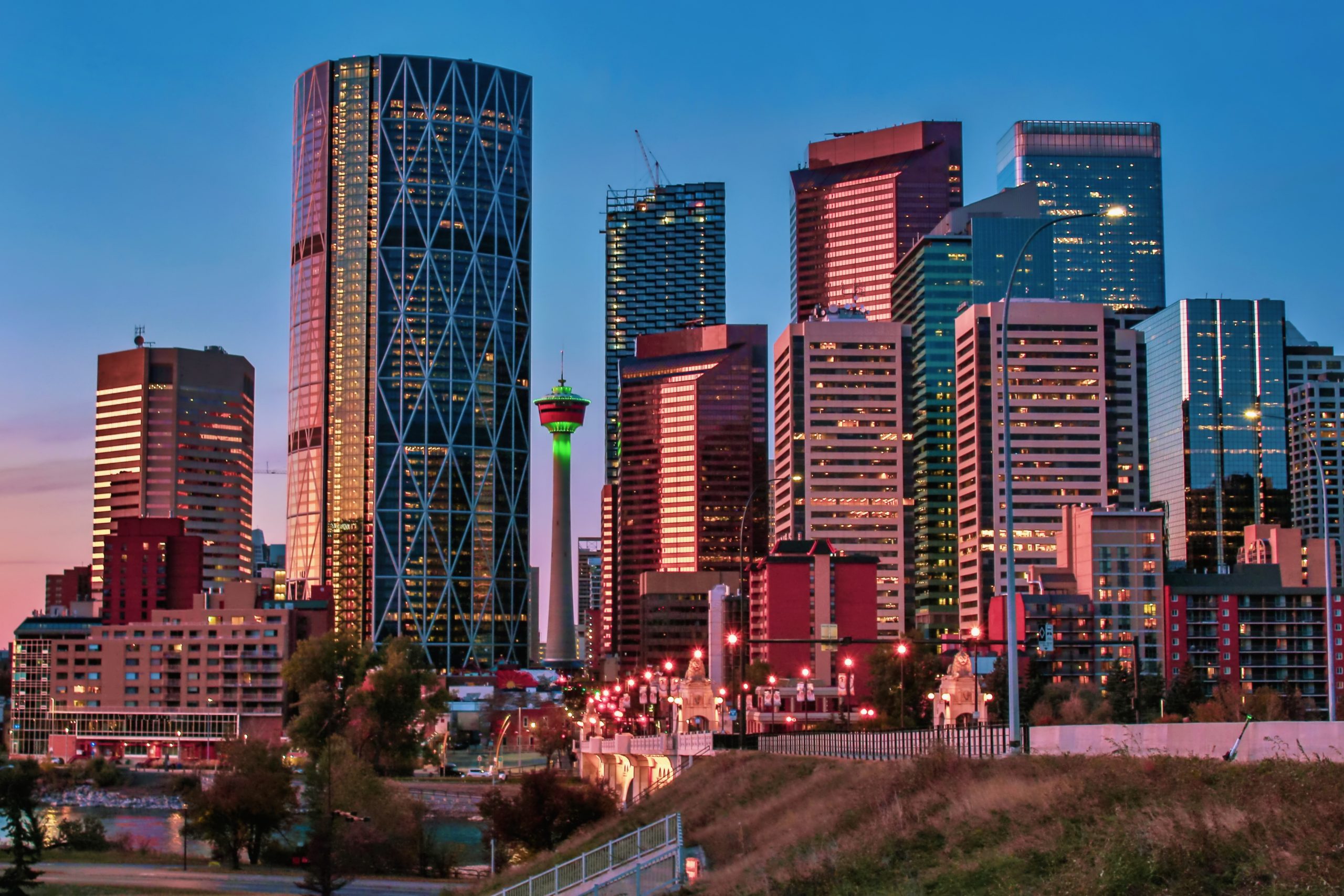The national average sale price of a home in Canada posted a 3.9% year-over-year decline in April, according to recent statistics from the Canadian Real Estate Association (CREA).
Every major Canadian city—except one—was part of this decline.
“It doesn’t surprise me at all that it’s Calgary,” said Rob Vanovermeire, Owner/Broker of Coldwell Banker Mountain Central in Calgary.
Yes, it’s Calgary that bucked the trend among Canada’s most populated centres.
According to CREA statistics, the MLS® Home Price Index benchmark price was $538,200 in April 2023 in Calgary, up 1.3% from $531,100 in April 2022. Other major Canadian cities, including Toronto, Montréal, Ottawa, Vancouver, and Edmonton, all posted declines over the same period.
The report also found that national home sales increased 11.3% month-over-month in April. The number of newly listed moved up 1.6% month-over-month but remain at a low not seen for two decades.

“An interesting situation here”
Vanovermeire said the Calgary market is hot for apartments, condos and townhouses in the $250,000 – $450,000 price range.
“That hasn’t really brought up the benchmark price, but if you look at the product itself, it’s up considerably,” he said.
This is thanks to a strong economy and immigration from within Canada, eastern Europe, and Africa.
“There are a lot of people coming from Ontario, still, to this day,” Vanovermeire said. “We’re seeing a tremendous influx of Ukrainians and a large population of people coming from
Africa, especially Nigeria. Immigration that we have rarely seen in history is happening in Calgary right now.”
The newcomers aren’t buying houses right away. Many are renting to start, putting downward pressure on the rental vacancy rate. According to the Canadian Mortgage and Housing Corporation, Calgary’s rental vacancy rate dropped to 2.7% last year—the lowest since 2014.
Rental rates and home ownership
Rental rates have spiked. According to Rentals.ca, the average rent of a two-bedroom home in Calgary in April of 2023 was $2,011. That’s a 21% jump compared to the same time in 2022. In some cases, prospective renters aren’t even waiting for a rent increase notice at renewal. They’re making the first move.
“I have a property coming up for rent in June, I’ve already got people willing to give me $800 more for it,” said Vanovermeire, adding that that isn’t happening everywhere in Calgary, but it is happening.
The dynamic rental market is making the math of home ownership more logical, Vanovermeire added. “It’s the moment that you take a look at your monthly payments, and, even with the higher interest rates, owning starts to make more sense than renting. In many cases it’s the same amount or even a little cheaper to own than to rent.”
National picture
While Calgary was the only major Canadian city by population to post a year-over-year increase in average sale price, April to April, in the CREA study, it shared the distinction with other provincial and territorial centres across the country, including in:
- Alberta (Alberta West, South Central Alberta),
- Saskatchewan (Saskatoon, Southeast Saskatchewan, Swift Current, Yorkton),
- Manitoba (Brandon),
- Ontario (Cornwall and District),
- Québec (Central Québec, Estrie, Mauricie, Saguenay, Trois-Rivières),
- Nova Scotia (Cape Breton, Highland),
- Prince Edward Island,
- Newfoundland & Labrador (St. John’s), and
- Northwest Territories
To be continued…
Vanovermeire said, like other provinces, Alberta has its own cycle.
“I’ve been in Alberta for most of my life and in the real estate business for 23 years,” he said. “One thing I’ve learned is we don’t necessarily follow the pattern of Canada. But Alberta is in the early cycle right now, and these cycles in Alberta typically go four to seven years.”
Editor’s notes: find more from Coldwell Banker Mountain Central’s Rob Vanovermeire on YouTube. Find more CREA analysis here.


 Facebook
Facebook
 X
X
 Pinterest
Pinterest
 Copy Link
Copy Link

